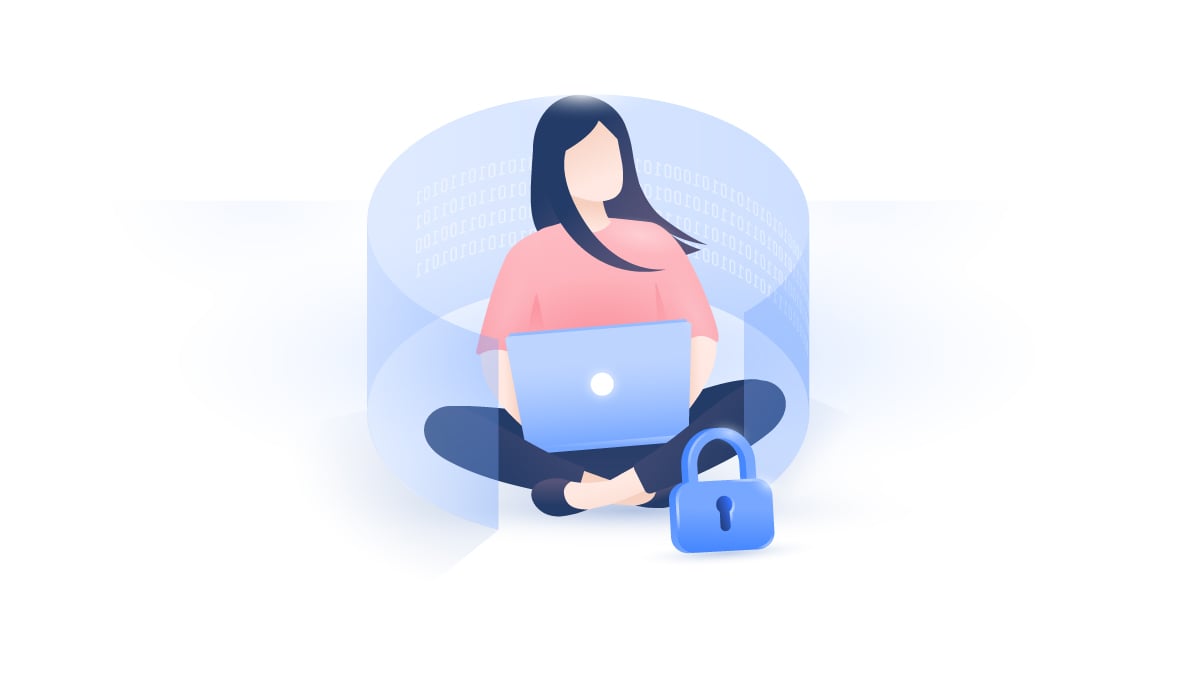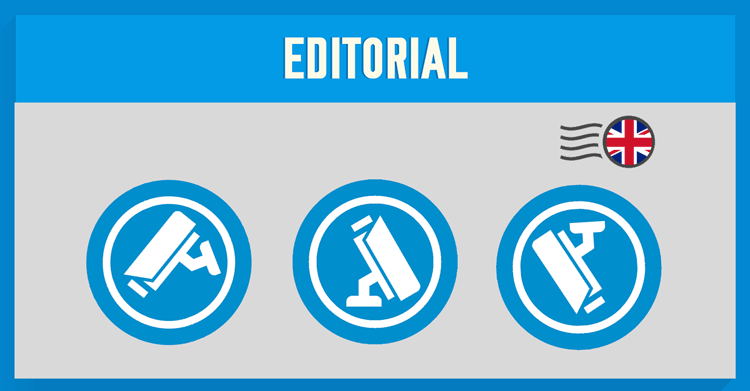Anonymous Browsing Options
In today’s world, online privacy is a dwindling privilege as people’s identities and personal information are hijacked and misused more and more frequently.

What is anonymous browsing?
The term anonymous browsing refers to browsing the internet without exposing personal information that can be easily linked to you. From your internet service provider (ISP) and the companies behind popular internet browsers to hackers and criminals, there’s a wide variety of entities who might want to view your personal data. Private browsing is the process of using the internet without giving away that data.
However, it’s very important to remember that it’s basically impossible to be fully anonymous online. Anonymous browsing is a catch-all term for a privacy-focused approach to internet use. While there are tools and techniques that can help you do this, you won’t be able to go completely anonymous online.
Define what level of anonymity you need
Before deciding what tools you want to use to stay private online, it’s important to define what level of privacy and general anonymity you need (bearing in mind that full anonymity is not possible).
- Low: You want to avoid friends, family, or those you share a household with viewing your browsing history and online activity. This is a relaxed approach to privacy, and relatively easy to maintain.
- Medium: You’re concerned about data protection, and don’t want your information logged by ISPs, sold to advertisers, and used by third parties. With the right tools and a bit of common sense, you can enhance your privacy while online.
- High: It is imperative that your browsing activity isn’t linked to you personally. For example, you might be an activist or a journalist operating within an oppressive regime. While full online anonymity cannot be attained, extreme caution and the right privacy tools can help you stay safe.
Why anonymous browsing is required
From stealing your personal or financial information to tracking your location and monitoring all your internet activity, there are individuals as well as organizations who would have no issue with prying into your internet activity or personal life.
Stealing someone’s personal information is so easy that there are links which, when clicked, gather all your personal information like your name, phone number, address, and device information. This is quite a cause for concern as one can never know how this might be used by the thief. Where hackers look to steal your identity and personal data, government organizations look to monitor your internet activity in order to keep your activity in check in the name of national security.
Since nobody would like their activities monitored, let alone their personal information being stolen, anonymous web surfing is essential in today’s world.
Is true anonymity possible online?
No, it is not possible to stay truly anonymous online. Using certain tools — including VPNs, tracker blockers, and private browsers — can help a lot. But the moment you connect to the internet, you begin to leave a data trail. You can limit that trail, but eliminating it altogether is just not a realistic option.
How to browse privately
Web proxies
In case of a proxy, the web address you are browsing thinks that the IP address of the proxy server is your address, making it harder to track your location or monitor your activity. There are a few things you need to know about proxies first:
- They do not guarantee access to all websites as the proxy for a website might be blocked as well (countries like China, where heavy bans of internet usage of users are present, employ such methods. You need to use a VPN in China for unrestricted internet access).
- Although a tracker cannot simply look at your internet activity, the proxy server can. It is important to check if the proxy server is secure (it should have an HTTPS url). One must also be wary of fake proxy servers which act as centres for collecting users’ personal information.
- Proxies are generally free to use as they only provide a relay but do not encrypt your online data.
Virtual private network (VPN)
Using a VPN is another method to surf the internet with a greater level privacy. VPNs connect you to the internet through an encrypted tunnel, so you can enjoy a safe browsing experience. The IP address visible to others is the address of the VPN server through which you are connected to the internet. They offer another functionality which makes them superior to proxy servers in that they encrypt all the packets exchanged between your system and the computer. So not only do VPNs hide your IP address, they also keep your data safe.
Anonymous browsers
A third option to increase one’s privacy online is to use anonymous browsers. Tor Network is an example of such browser. Tor Network is a privacy network designed to hide information of which computer actually requested the traffic. Routing traffic through different nodes, it makes it difficult to say whether your computer initiated the connection or it may just be acting as a relay, relaying that encrypted traffic to another Tor node. If you want to get the benefits of the Tor experience while still keeping your data private and secure, use Onion Over VPN, one of NordVPN’s useful additional features.
There are many threats to your personal data being exposed while you are surfing on the internet. Your location, identity, personal information, including interests and behaviour patterns can be ‘sniffed’ online. That information can be exploited without your knowledge. Therefore, you are encouraged to use a combination of anonymity services for desired security and privacy level.

